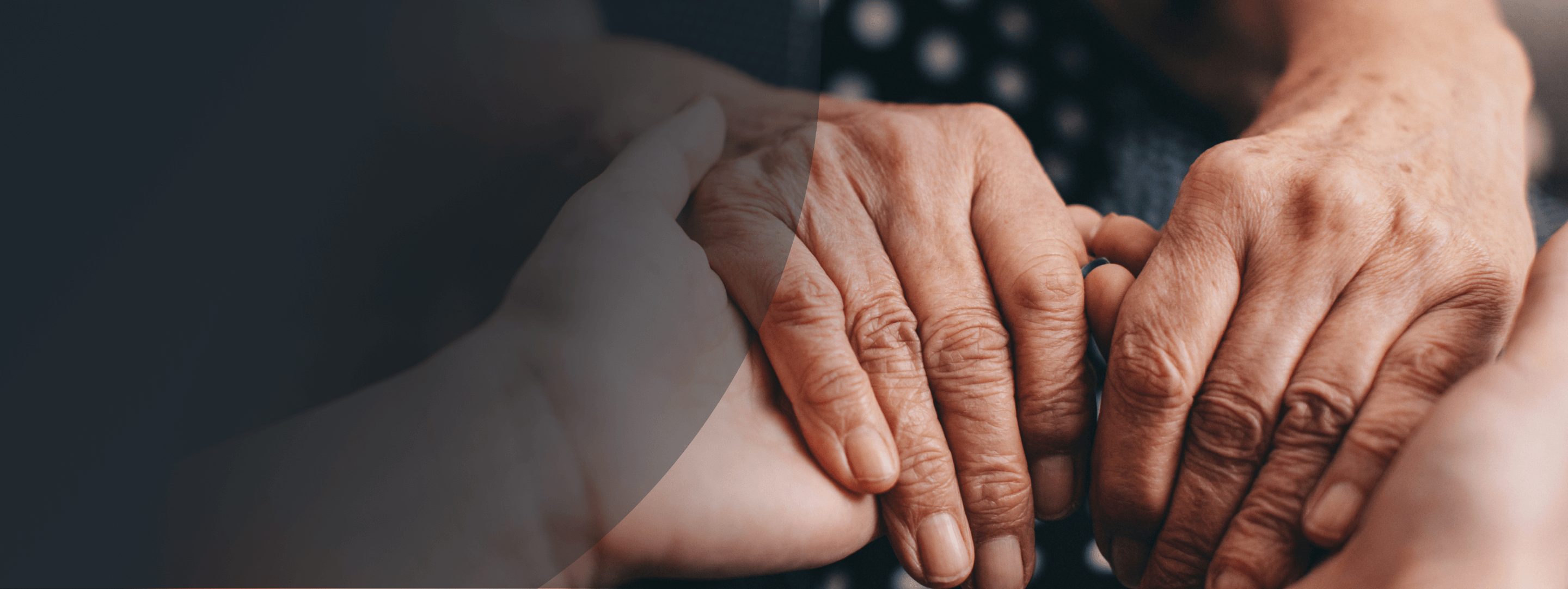
Recently, Alex Cao , the partner of the criminal team at Brightstone Legal, was invited to join other community key-players to participate in the Australian government and SBS collaboration project: educating the community about "sexual consent." As a criminal lawyer, Alex specifically addressed the misunderstanding and unfamiliarity of this concept within the Chinese community in Australia, as well as the issues it raises.
Shocking Statistics
In Australia, over 36,000 sexual assault victims were recorded in 2023, with 41% of them being teenagers aged 10 to 17. Among them, young males aged 15 to 19 are the most common perpetrators. These statistics reflect the real, untold experiences of many young people. Although the numbers are shocking, they also remind us that there is room for improvement – everyone has the ability to make a change.
What is Sexual Consent?
Desiree Bensley, who works at "Respect Victoria," focusing on promoting gender equality and sexual violence prevention, explains that sexual consent refers to people reaching an agreement to engage in certain sexual activities.
"It applies to people in romantic relationships, as well as those who are not in a relationship. Whether it's a first meeting, strangers, or within a marriage, we have no right to claim ownership of someone else’s body," she says.
Sexual consent is not just a simple "yes" or "no" but involves five core concepts:
- Free and voluntary: Both parties must agree freely and voluntarily, without any pressure.
- Clear and informedConsent must be clearly and continuously confirmed for each step of the sexual activity.
- Active and expressedConsent can be expressed verbally or non-verbally, but it must be clear, not assumed.
- Capacity and safetyThe parties must be able to make rational decisions. If one person is unconscious or under the influence of alcohol or drugs, they cannot give valid consent.
Misunderstandings about Sexual Consent
Criminal defence lawyer Alex Cao observed that many immigrants have limited understanding of sexual consent, especially when it comes to the differences in Australian laws and culture.
"Many of my clients are immigrants. For example, their understanding of relationships, marriage, or sexual relations differs greatly from the definitions here. They might have limited knowledge of the concept of 'intoxicated consent,' or culturally, their awareness of reporting sexual assault may be different," he said.
He mentioned some common misconceptions, such as:
- The trauma response to sexual assault varies from person to person. Some may show clear emotional distress, while others may not.
- Another misconception is that sexual consent is not an issue between spouses or partners. However, the fact is that non-consensual sexual behaviour can occur in all kinds of relationships, including marriage.
These common misconceptions have led to many incidents that could have been avoided. Promoting education on sexual consent is crucial and necessary.
Promoting Education on Consent Culture
Understanding sexual consent is a skill everyone can learn. It involves empathy, communication, respect for boundaries, and the ability to handle rejection – all of which are the foundations of healthy relationships. To promote sexual consent education among new immigrants in Australia, the government has translated relevant resources into multiple languages.
"If we ourselves have insufficient understanding of sexual consent, how can we expect young people to understand it?" Bensley said.
Need Legal Advice?
Brightstone Legal is committed to supporting the community by promoting education and providing expert legal advice. Contact our criminal defence team for assistance.
Contact Us







